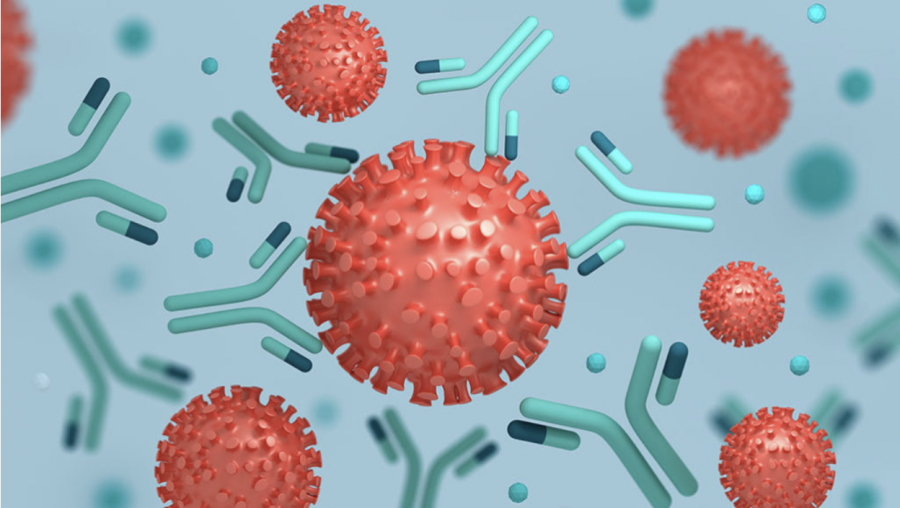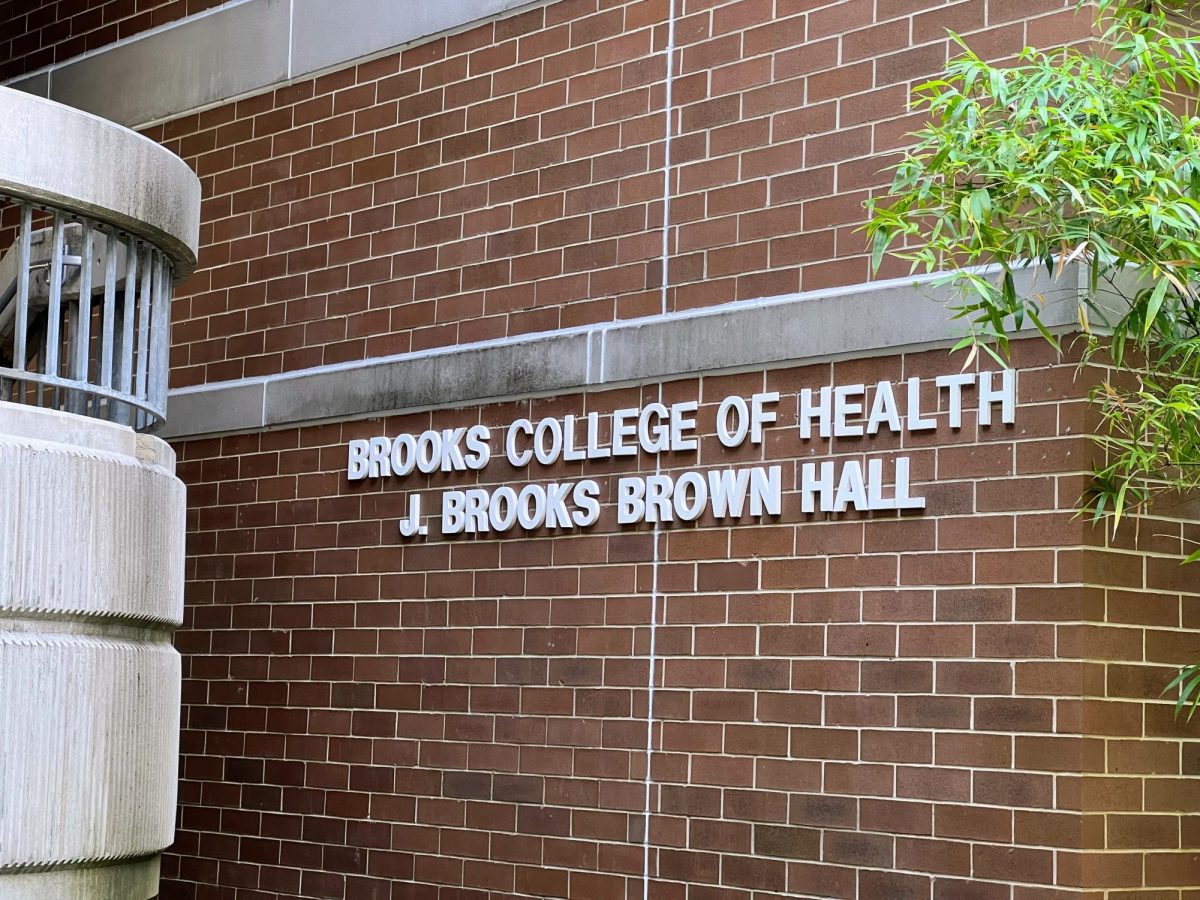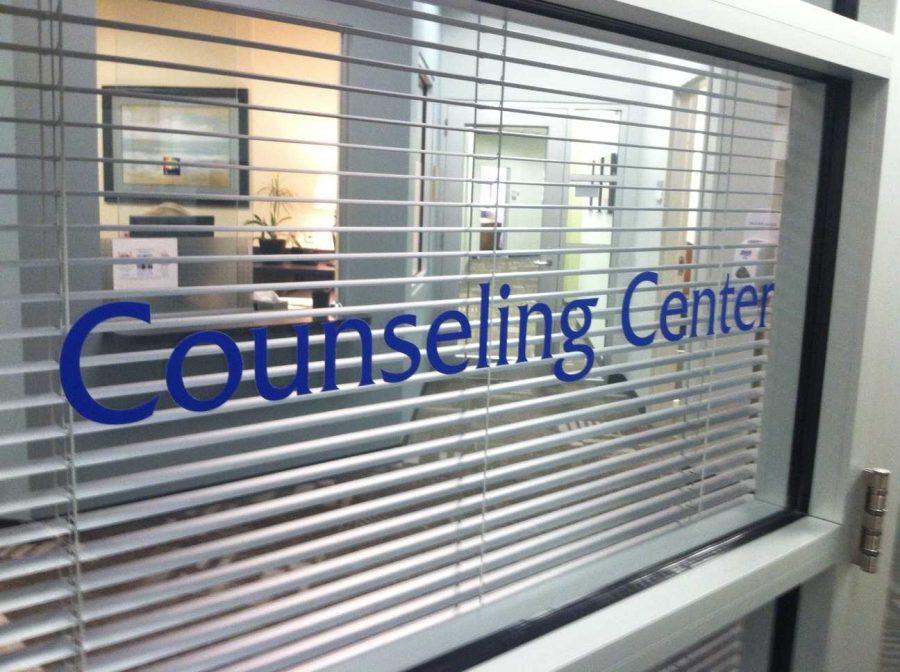As COVID-19 continues to dominate conversations, it’s important to clear up misconceptions surrounding one aspect of the virus, antibodies. Here are some answers to some frequently asked questions about COVID-19 antibodies: what they are and what it means for you.

What are antibodies?
Antibodies are a group of proteins known as immunoglobulins responsible for locating and attacking foreign substances in the body. These foreign substances, known as antigens, attach themselves to specific white blood cells known as B lymphocytes, causing them to divide. This causes them to transform into plasma cells, which then secrete millions of antibodies. Those antibodies travel through the body’s blood and lymph systems, hunting for the source of those antigens. When the antibodies find an antigen, they latch onto it and alert the immune system to send more antibodies to destroy the pathogen.
How do you know that you have the antibodies?
You can know you have the antibodies by taking a COVID-antibodies test, available from healthcare providers and laboratories, or through a blood test and donating blood.
I tested positive for COVID-antibodies. What does that mean?
A positive antibodies test means that you have antibodies from an infection with the virus, which causes COVID-19. According to the CDC, there is a chance that a positive result means you have antibodies from a disease with a different virus from the same family of viruses (called coronaviruses).
I have the antibodies; that means I’m immune, right?
Not exactly. While having antibodies to the virus that causes COVID-19 may grant some protection from being infected again, this is not certain. Scientists are still researching to see if this immunity is possible and, if so, for how long. Regardless of whether you have the antibodies or not, you should always follow CDC guidelines, wear a mask, and practice social distance.
___
For more information or news tips, or if you see an error in this story or have any compliments or concerns, contact editor@unfspinnaker.com.











